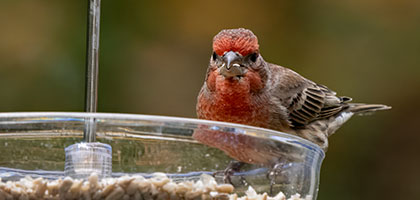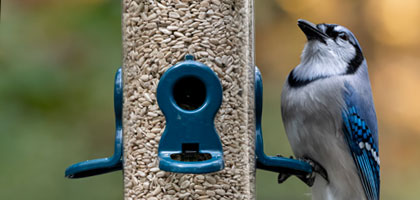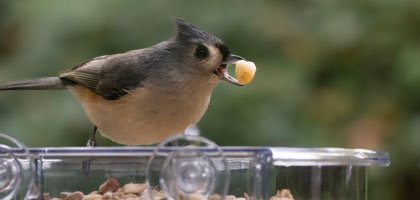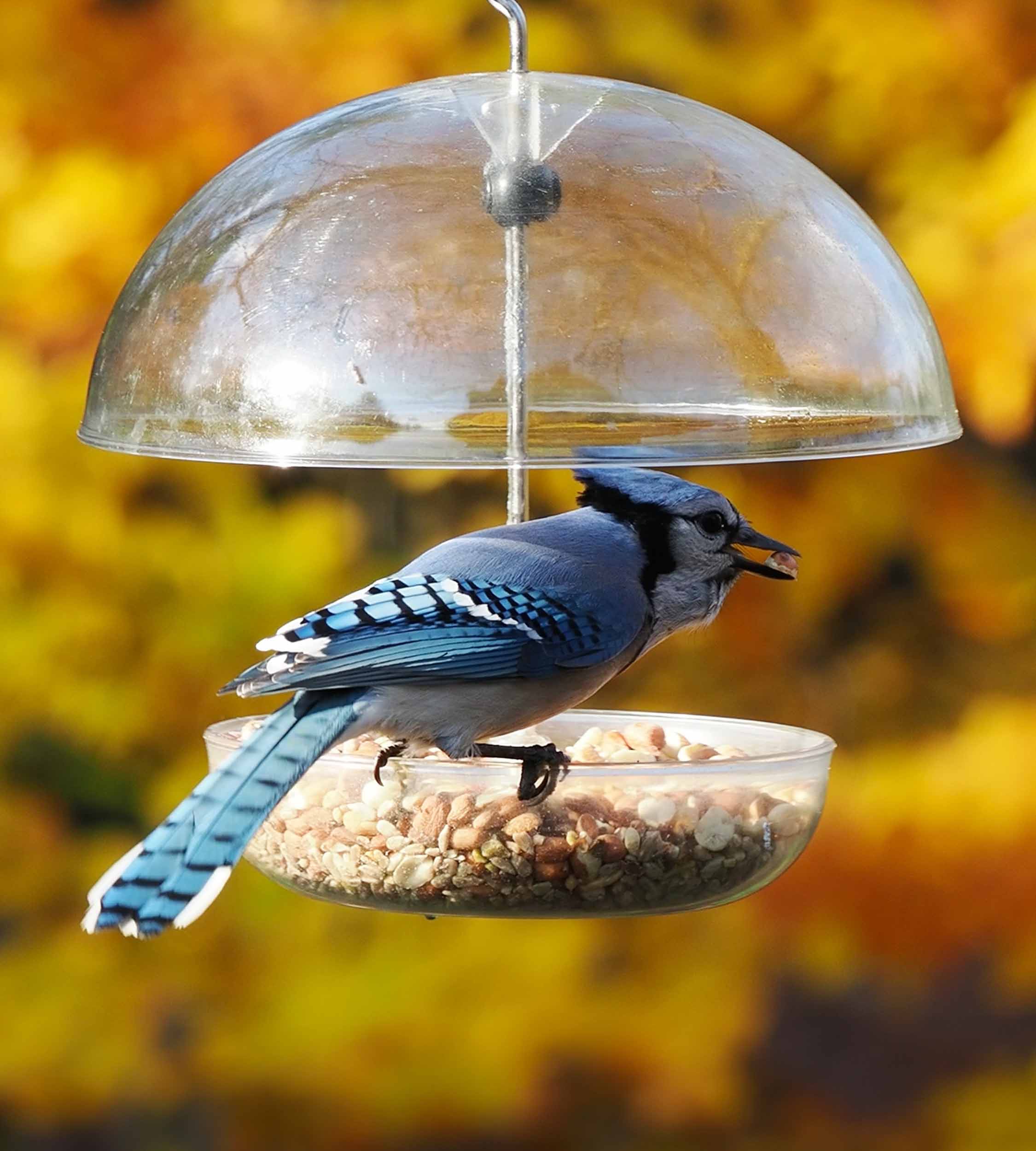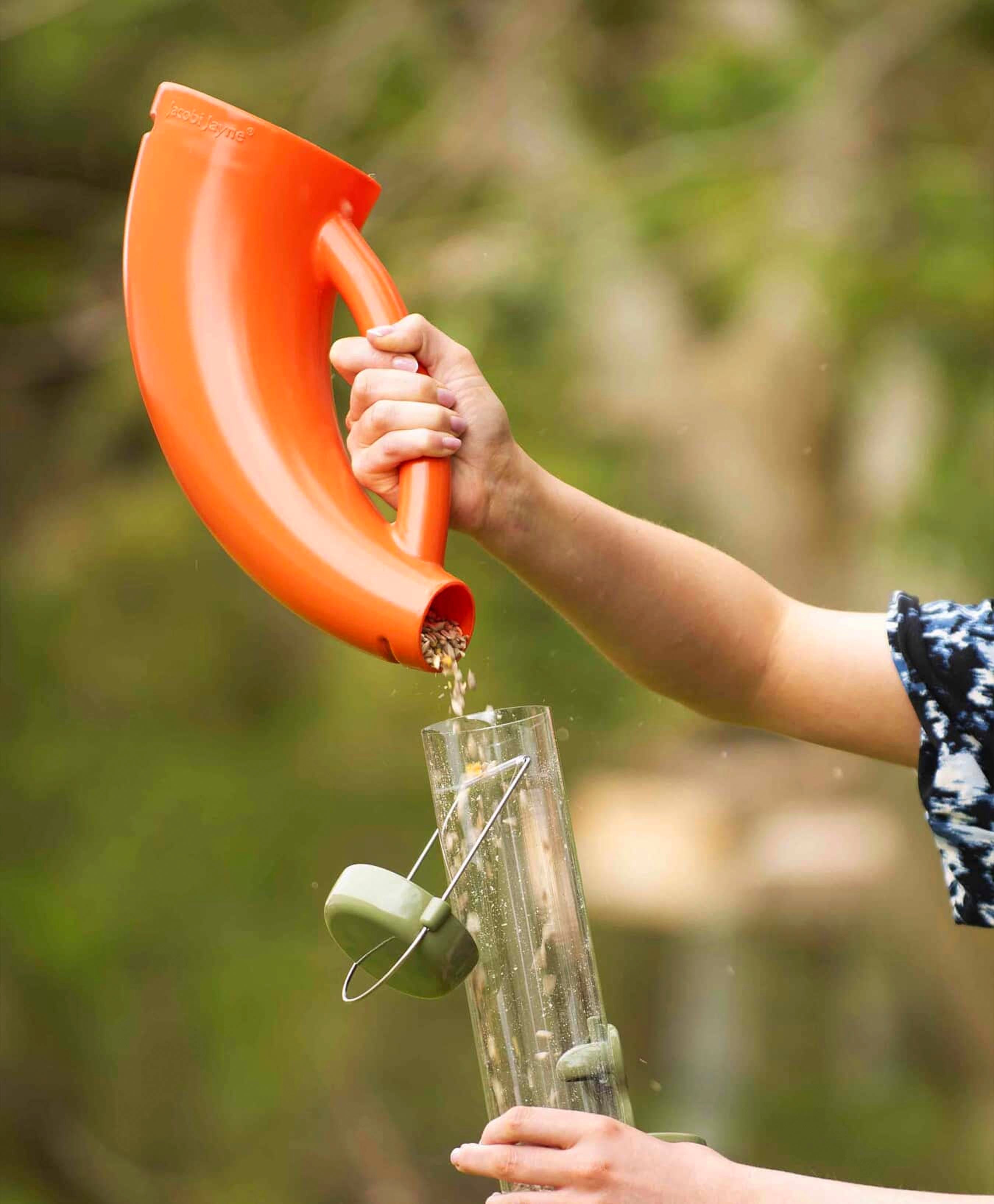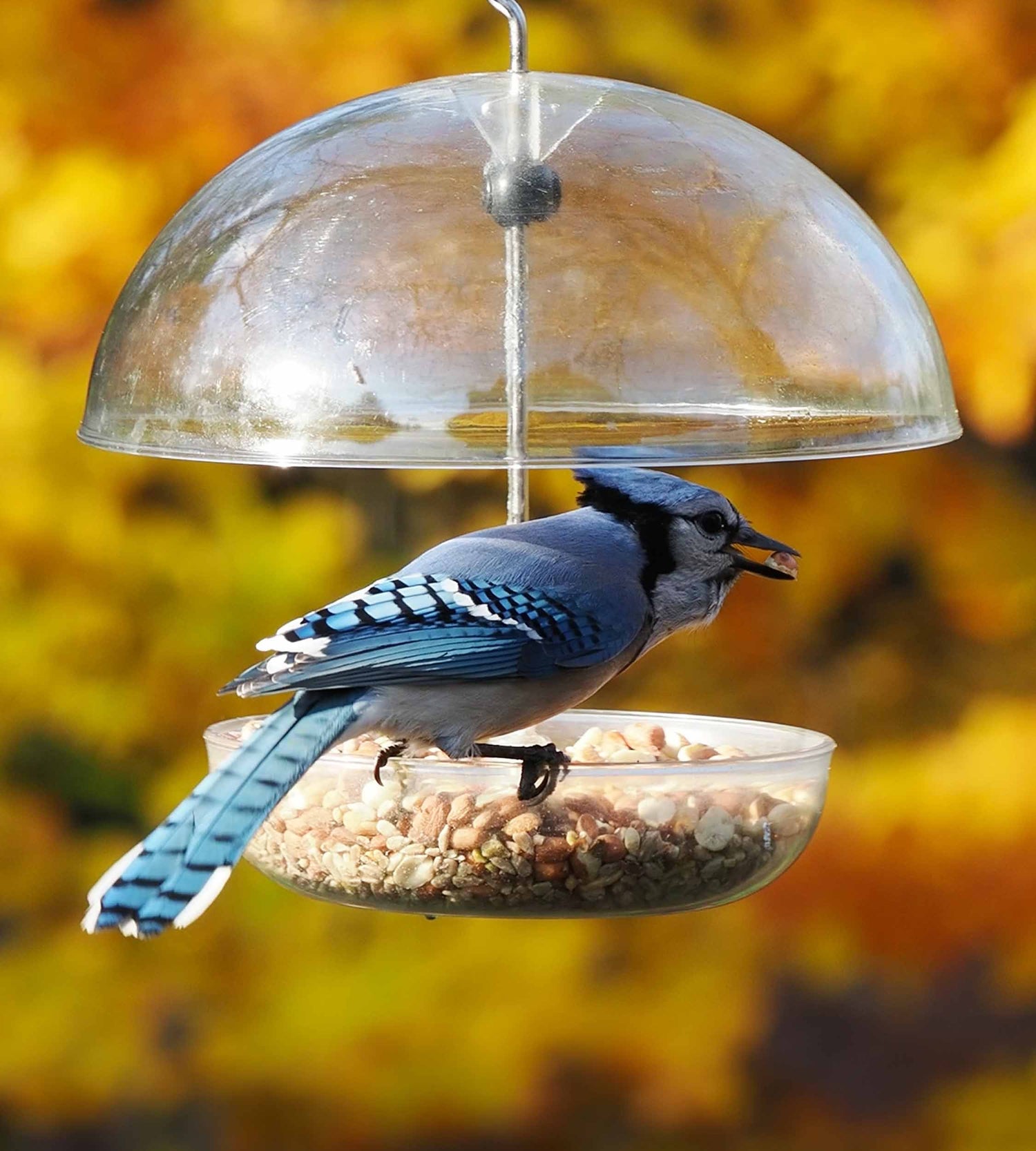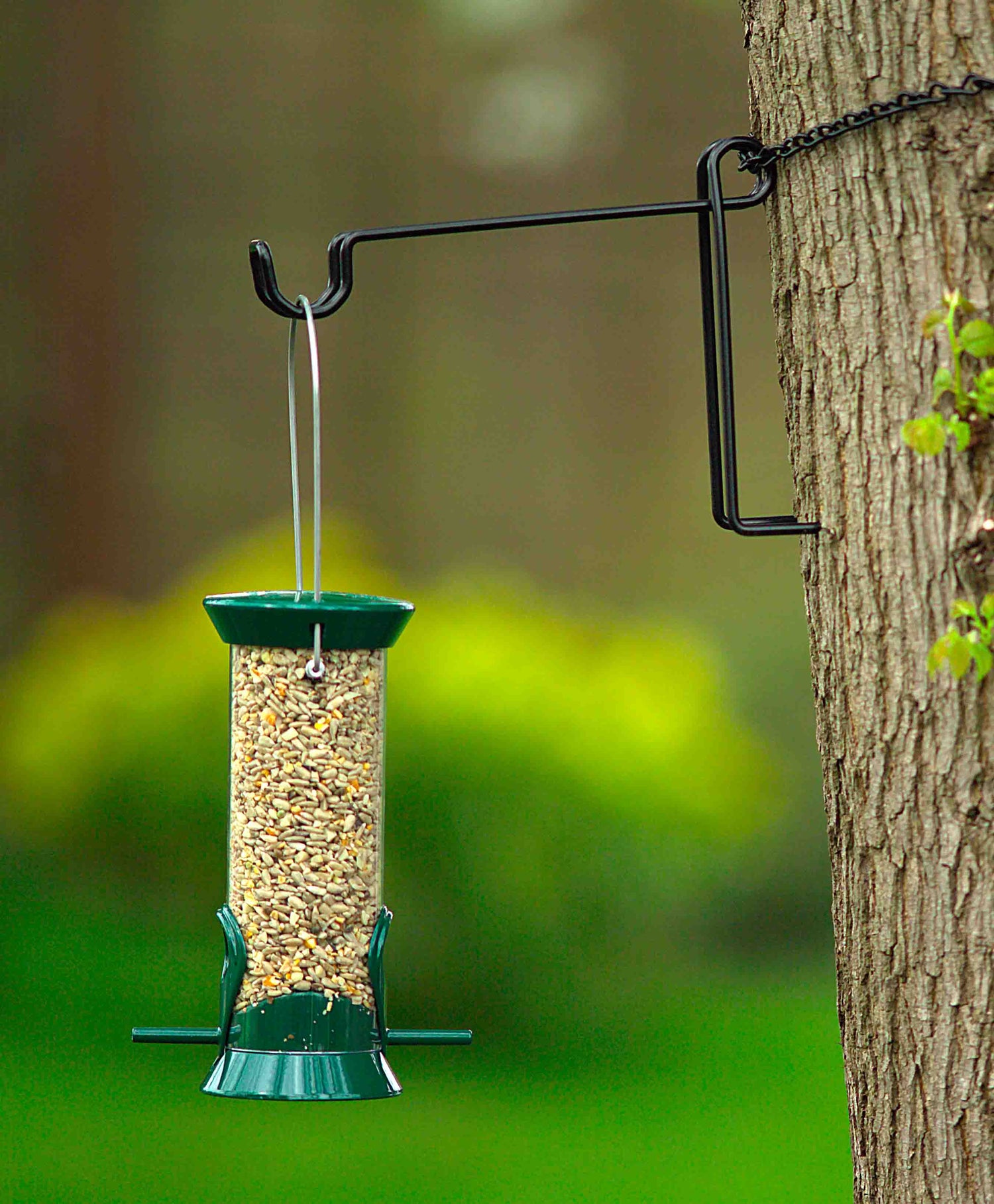Birds are a delightful addition to any garden or backyard. Observing their vibrant colors and listening to their cheerful songs can be a rewarding experience. However, feeding birds can sometimes be a bit of a puzzle. You may wonder what human foods are safe to share with our feathered friends. This guide will explore various human foods that birds can eat, as well as some tips on how to offer them safely.
Understanding Bird Diets
Before we dive into the specifics, it's essential to understand that different bird species have different dietary needs. While some birds like bluejays and woodpeckers may enjoy nuts and seeds, others like orioles and bluebirds might prefer fresh fruit or insects like mealworms.
For instance, small bird feeders are perfect for chickadees and finches, while larger feeders might cater to cardinals and bluejays. A nyjer feeder filled with nyjer seeds is ideal for finches, as these small seeds are rich in oil and perfect for their diet.
Safe Human Foods for Birds
Seeds and Nuts
Birds love seeds and nuts, which are a staple in their diet. Peanuts, in particular, are a favorite among many bird species, including woodpeckers and bluejays. However, it's crucial to offer unsalted, unseasoned peanuts to ensure they are safe for the birds.
Similarly, sunflower seeds, which are often found in bird seed mixes, are excellent for attracting a wide variety of birds. Always choose seeds that are free from salt and other additives.
Fruits
Fresh fruit is another great option for feeding birds. Birds like orioles and bluebirds have a sweet tooth and will enjoy fruits such as apples, bananas, and berries. Chop the fruit into small, manageable pieces to make it easier for the birds to eat.
Suet and Suet Cakes
Suet is a high-energy food source that is especially beneficial in the colder months. Suet cakes or suet balls can be purchased, or you can make your own by mixing suet with bird seed or mealworms. Suet feeders make it easy to hang these treats in your backyard, attracting woodpeckers and other suet-loving birds.
Mealworms
Mealworms are an excellent source of protein and are especially appealing to insect-eating birds. Offering mealworms in a dish or a specific mealworm feeder can attract bluebirds and other species that thrive on a protein-rich diet.
Table Scraps: What to Avoid
While some table scraps can be suitable for birds, it's important to be cautious. Avoid offering foods that are high in salt, sugar, or fat, such as processed snacks or bread. These can be harmful to birds over time.
Additionally, never offer chocolate, caffeine, or alcohol, as these substances are toxic to birds. Stick to natural, wholesome foods to ensure the health and safety of your avian visitors.
Feeding Tips and Considerations
Choose the Right Feeder
Selecting the appropriate feeder is crucial for attracting the desired bird species. A large bird feeder may accommodate bigger birds like cardinals and bluejays, while a small bird feeder is suitable for smaller species like finches and chickadees.
A nyjer seed feeder is specially designed for small seeds and is perfect for attracting finches. Suet feeders, on the other hand, are ideal for offering suet cakes or suet pellets to woodpeckers and other suet-loving birds.
Keep Feeders Clean
Cleanliness is essential when feeding birds. Dirty feeders can harbor bacteria and mold, which can be harmful to birds. Regularly clean your feeders with warm, soapy water and rinse thoroughly. Ensure that the feeders are completely dry before refilling them with food.
Be Mindful of Unwanted Visitors
Bird feeders can attract unwanted visitors like raccoons and squirrels. To deter these animals, consider using squirrel-proof feeders or placing feeders in locations that are hard for these critters to reach. Additionally, avoid leaving food on the ground, as this can attract raccoons and other wildlife.
The Joy of Bird Feeding
Feeding birds can be a delightful and rewarding hobby. By providing a variety of safe, nutritious foods, you can attract a diverse array of bird species to your backyard. Remember to consider the dietary needs of the birds you wish to attract and choose the right feeders to accommodate them.
With a bit of care and attention, your backyard can become a haven for birds, offering them a safe and nourishing environment to thrive. Enjoy the beauty and joy that these feathered friends bring to your outdoor space.
Conclusion
Bird feeding is more than just a hobby; it's a way to connect with nature and support local wildlife. By offering a mix of seeds, fresh fruit, and suet, you can cater to a wide range of bird species and enjoy the vibrant activity they bring to your garden. Just be mindful of the foods you offer, keeping them natural and free from harmful additives, to ensure the health and well-being of your avian visitors. Happy bird feeding!
